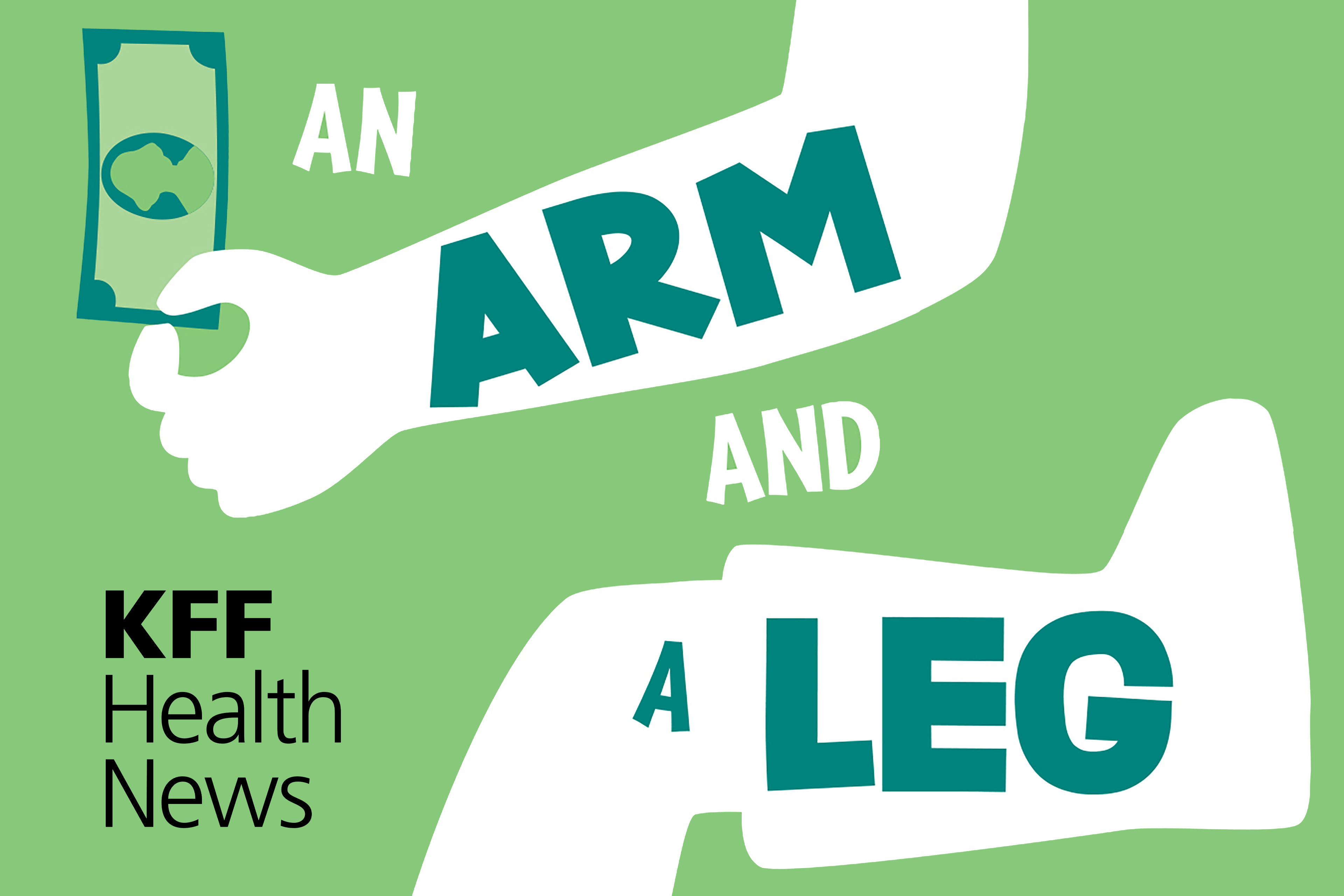Currently, new research suggests that the anticonvulsant medication, retigabine, could dramatically reduce the effects of stroke. Researchers have already recognized the potential of this medication in treating neurologic conditions, such as migraine, tinnitus and neuropathic pain.
By observing mice models, researchers discovered that merely a single dose of retigabine prevented loss of balance and motor coordination following a stroke. Balance and coordination was tested by using a balance beam. The mice that were not treated with retigabine following a stroke displayed more slips and falls whereas the treated mice easily manoeuvred along the beam. Researchers even remarked that it had appeared as though the treated mice had not even experienced a stroke.
In addition, brain tissue showed significantly less damage following a stroke when mice were treated with retigabine. Interestingly, the medication also protected brain tissue for up to 5 days post-stroke.
The team studied ischemic stroke, the most common occurring type, where oxygen and nutrients are blocked due to a clot in a blood vessel. After only 6 hours, cells deprived of oxygen and nutrients that are dying can be affected in such a way that they are unlikely to be repaired. “Moreover, when cells die, they release factors that trigger many types of responses including an inflammatory response, leading to more cell death in the areas around the blood clot.”
“Retigabine and similar agents open specific proteins called potassium ion channels, whose action stops the electrical activity of nerve cells in the brain.” Therefore, researchers theorize that electrical activity can be stopped before causing more damage and conserved until blood supply is restored.
According to researchers, “future studies will assess how long brain function can be protected after a stroke, and whether injury-related seizures can be prevented.
At this time, embolic or thrombotic strokes are treated with tissue plasminogen activator (tPA) drugs, which dissolve clots and restore blood flow. However, tPA works by thinning the blood therefore, cannot be used in many circumstances, such as patients with high blood pressure or weak blood vessels. Additionally, it must be used within a few short hours following a stroke as later treatment with this drug may actually cause more damage.
According to the World Health Organization, 15 million people suffer a stroke each year. Of these, 5 million die and another 5 million are permanently disabled. Stroke is the third leading cause of death in the United States and every seven minutes, a Canadian dies of heart disease or stroke. Now is the time to continue research and improve these figures.
Anti-epilepsy drug preserves brain function after stroke, research suggests
Stroke Statistics
Anticonvulsant, Antiepileptic, Blood Clot, Embolic, Ischemic Stroke, Potassium Ion Channel, Retigabine, Stroke, Thrombotic, Tissue Plasminogen Activator



